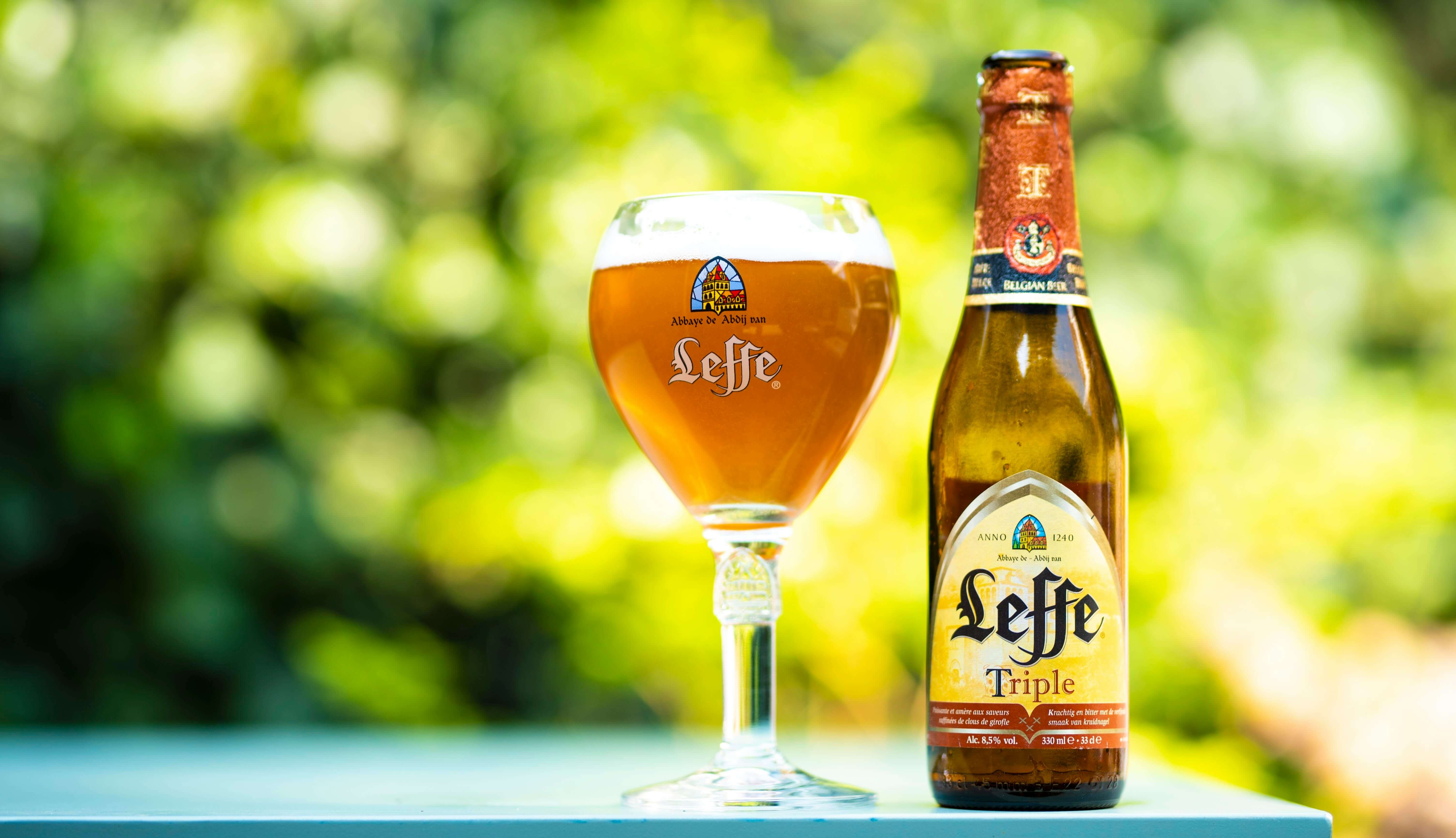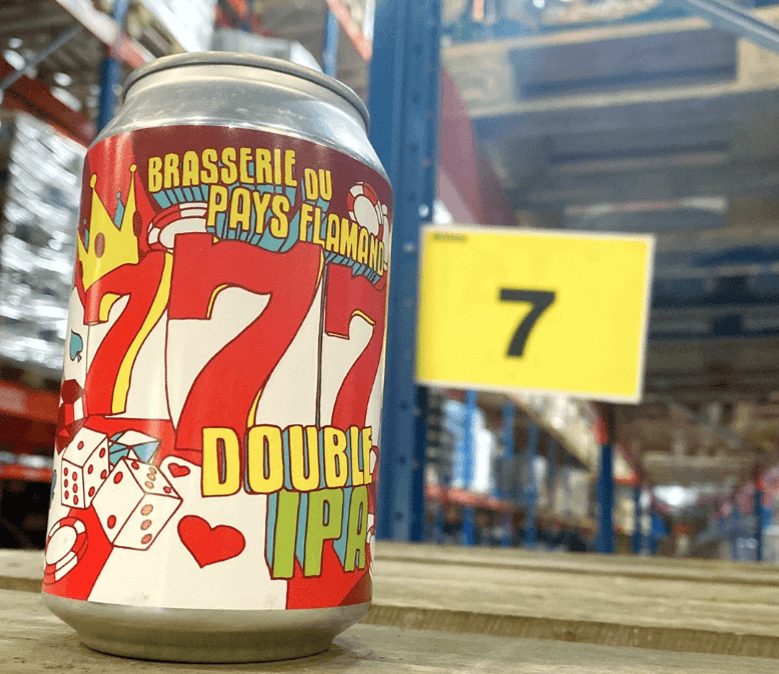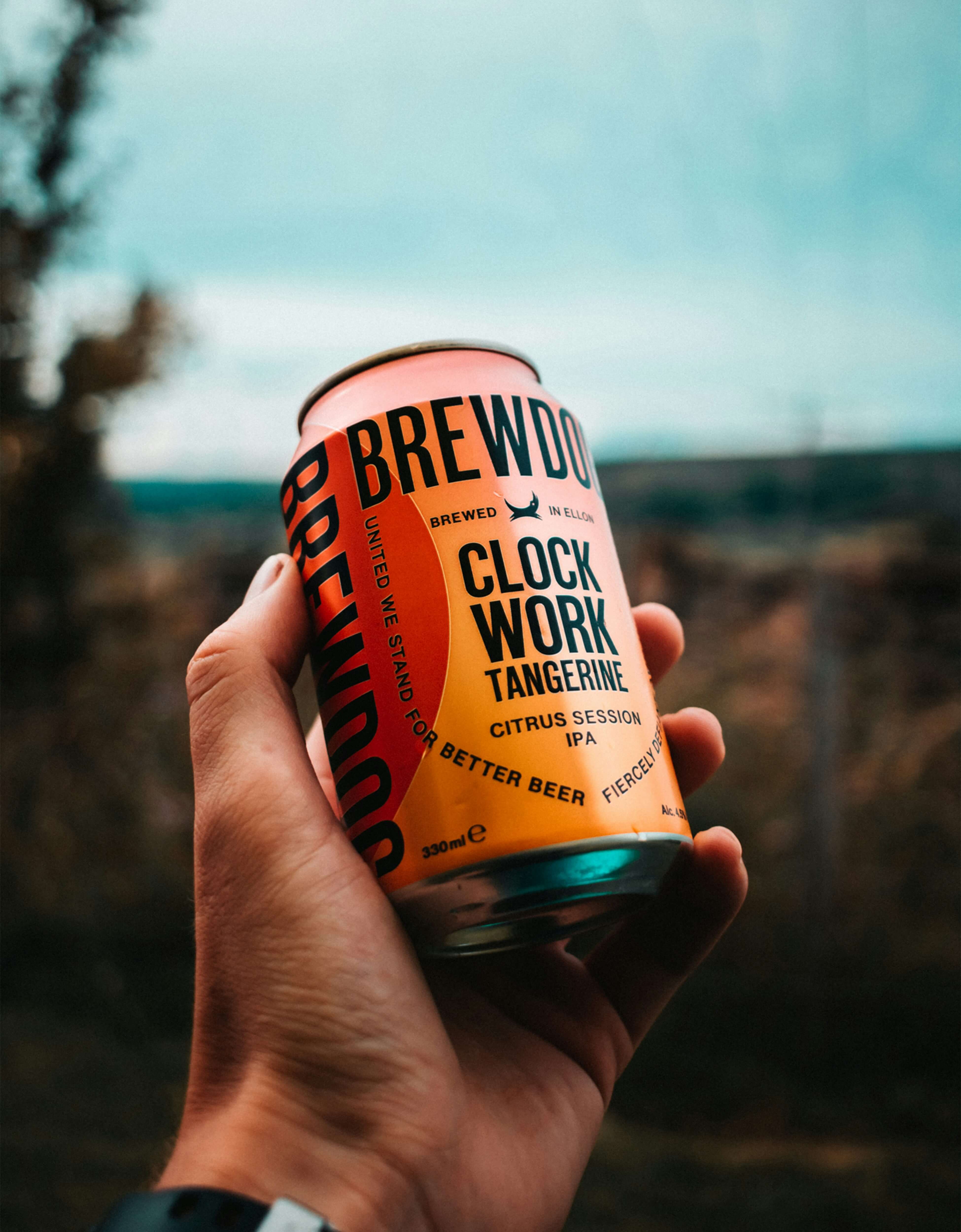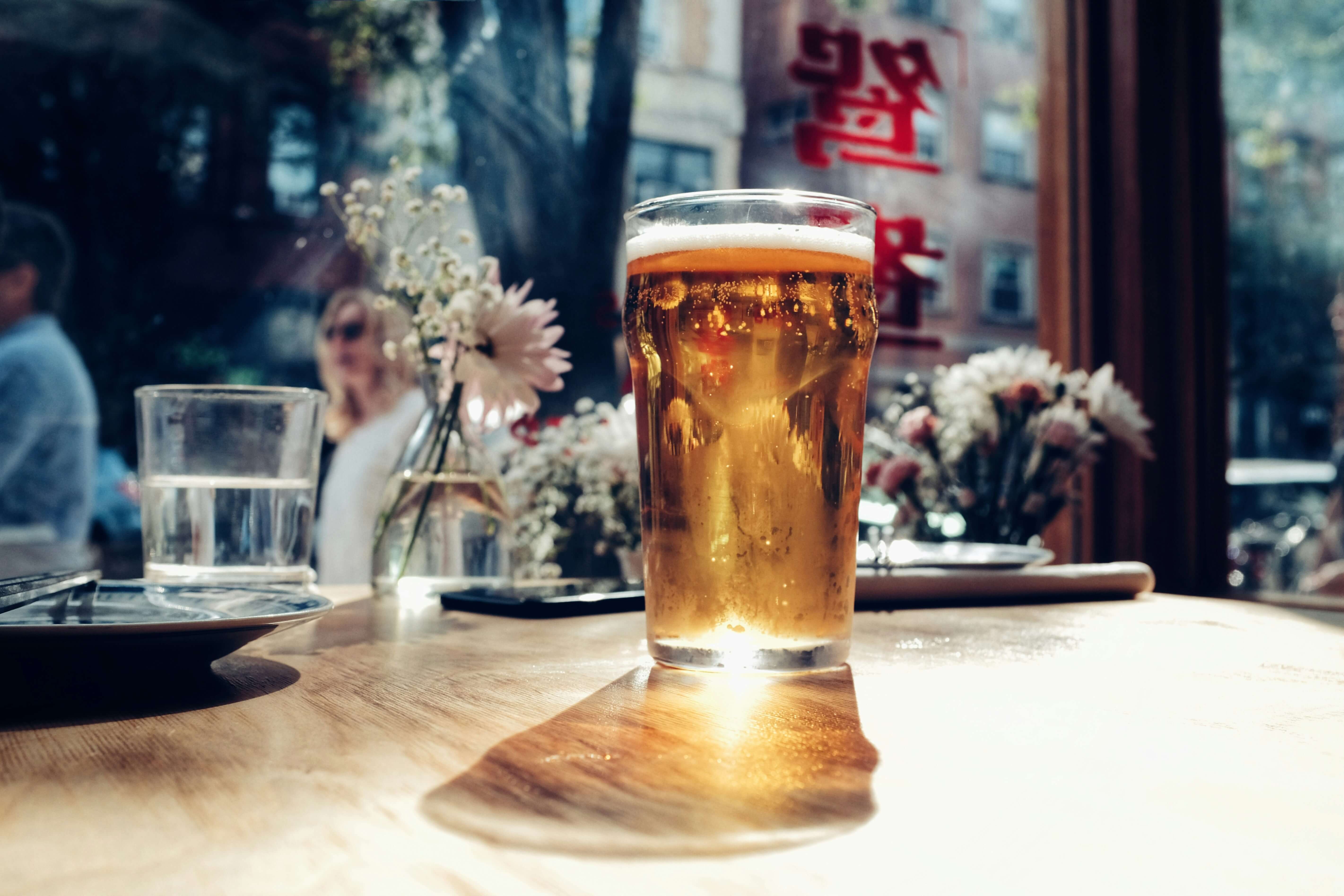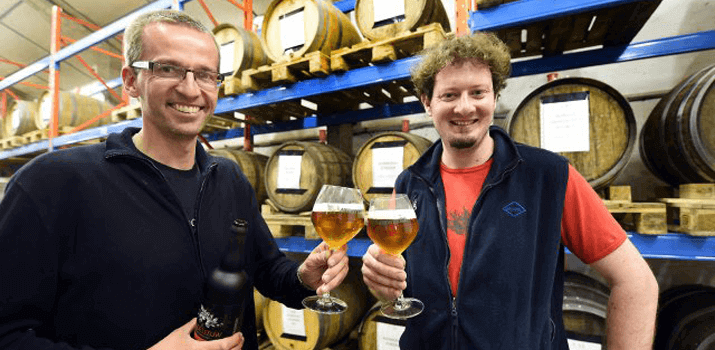
Have you ever heard of the Reinheitsgebot? More commonly known as the German Beer Purity Law, this centuries-old regulation continues to shape German brewing today.
As the world prepares for the iconic Oktoberfest, Germany's most famous beer festival, it’s the perfect time to learn more about this historic law. Originally created to accompany a royal horse race hosted by King Ludwig I of Bavaria and Princess Therese of Saxe-Hildburghausen, Oktoberfest has evolved into an unmissable celebration filled with beer, pretzels, sausages, brass bands, and a lively atmosphere. But did you know that only Munich-based brewers can participate—provided they comply with the Reinheitsgebot?
What Is the German Beer Purity Law?
Introduced in 1516 by Duke Wilhelm IV of Bavaria, the Reinheitsgebot stipulated that beer could only be brewed using three ingredients: barley, hops, and water. Yeast wasn’t included initially, as its role in fermentation was unknown at the time. Nevertheless, it was always present through spontaneous fermentation.
Origins of the Reinheitsgebot
The origins date back to 1487 when Duke Albrecht IV of Bavaria introduced the Münchner Reinheitsgebot for the Munich region. This early version mandated the same core ingredients and even fixed beer pricing. By 1493, a similar law was enacted in Bavaria-Landshut by George the Rich.
Following the War of the Landshut Succession, the Bavarian dukes unified their regional laws in 1516 to establish a single purity law across Bavaria. Over time, the law evolved, especially in 1919, when it was enshrined in German tax law upon Bavaria’s entry into the Weimar Republic.
Today, yeast is officially included, making the modern Reinheitsgebot consist of hops, barley, yeast, and water. Any Munich brewery that fails to adhere to these guidelines is prohibited from labeling their product as "beer."

Is the German Purity Law Still in Effect?
Yes! The Reinheitsgebot remains one of the oldest food regulations still in use. While it limits brewers to specific beer styles, it ensures quality and tradition. To this day, only six Oktoberfest breweries are permitted to participate, all of which comply with this historic regulation.
Explore Authentic German Beers
Now that you know the story behind the purity law, it’s time to explore the best German beers. Start with the legendary Löwenbräu Brewery, known for its crisp lagers brewed with Löwenbräu yeast, spring barley, wheat, and Hallertau hops. Available in a convenient 6L PerfectDraft keg, it's ideal for recreating Oktoberfest at home.
Don't miss the Weihenstephaner Brewery, the world’s oldest brewery. Their beers offer unmatched freshness and authentic Bavarian flavor, perfectly in line with Reinheitsgebot standards.
Discover our full range of Oktoberfest beers and celebrate tradition in style!
Discover other articles about beer : Why is beer a diuretic ? and Why does beer foam ?
ALCOHOL ABUSE IS DANGEROUS TO YOUR HEALTH. DRINK RESPONSIBLY.


